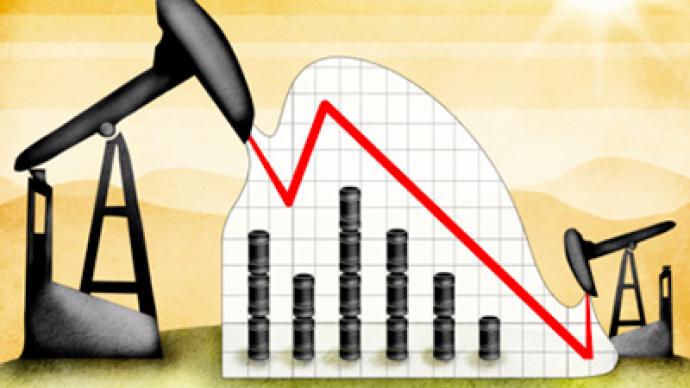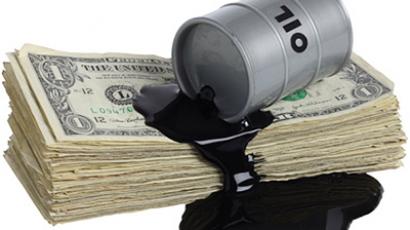Global investors at Renaissance Capital Forum: Rilwanu Lukman

With energy issues in the spotlight after OPEC failed to agree on a production increase and the IEA announced the release of 60 million barrels from its strategic reserve, Business RT spoke with former OPEC secretary general Dr Rilwanu Lukman.
RT: What do you make of the IEA actions? Was it a surprise?RL: "Not really because the timing is surprise thing. Because the price of oil is not that high in real terms, and there is no real shortage in the market place of oil. We have got plenty of oil supply. What they did to put 60 million barrels into the market. It is equivalent to 2 million barrels per day, which is not really significant in terms of consumption of around 90 million barrels per day. So putting this oil, our idea of the strategic oil reserve is it should only be used in case of crisis. If they go on putting oil just to manipulate the market, or to influence the market the way they did it is counterproductive. And they are shooting themselves in the foot, because how much more than 60 million barrels can they put without jeopardizing their real role which is the role of stabilizing the market in times of crisis. So it all would argue is that something be done to repair the damage they are doing. So far we have had excellent relations between IEA and OPEC and we need to talk more with OPEC and find a better way of doing it. OPEC tried to increase production but they didn’t agree on the level. Other members of the group like Saudi Arabia, the UAE and Kuwait, are in a position to put 2 and a half million barrels into the market which is equivalent to what they are putting in.” RT: But we have seen the oil price very much affected by this initiative. The oil price has now gone down to below $90/bbl. What do you make of the current price? Does it really reflect supply and demand? RL: “When things like this happen, the market reacts. The speculators come in and they start making calculations. And they try to err on the side of caution when the price goes down. But when things settle down and they realise what is happening the market will stabilize. Our view is that the price of oil, if we talk about a fixed price, nobody tries to fix the price. OPEC doesn’t try to fix the price. If we talk about a range of between $80-$100/bbl it is reasonable – both for consumers and producers. And as long as the price keeps reasonably within this limit there is no need for anybody to panic. There is plenty of oil, there is no shortage of oil, there is plenty of oil in the ground also. The capacity available it is limited but its sufficient to moderate the market in case of real difficulties.”RT: What do you make of the present day role of the organization of OPEC? Does it actually have that much influence as it had before? Can it affect prices?RL: “OPEC is not there to control the prices of oil in the market place. It is there to help to moderate the price to ensure that it is within a reasonable level – for producers and consumers and more importantly to make sure that there is plentiful supply for the time being. And they always hold back certain quantities of productive capacity. And this excess capacity, and it is the only organization that has excess capacity, we bring that excess capacity into play when it is needed. When the price goes too high they put in a little but more oil, and when the price is too low they take a little bit out and put it into their spare capacity. They are helping to moderate the international oil market by using this mechanism, and they are the only people who can do it.”














